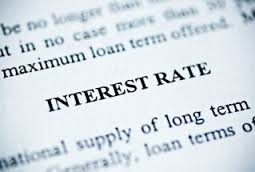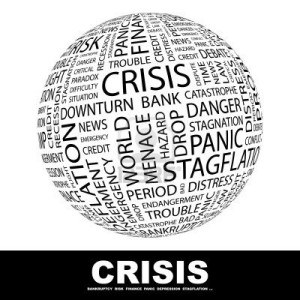Why Banks use Derivatives
It is important to be clear on the different uses of these instruments by the banking sector.
Banks can advise their clients as to the most suitable instrument for hedging against a particular type of risk, and buy or sell the instrument on their clients’ behalf. This may help the bank to build on relationships and open up cross-selling opportunities.
Additionally, banks employ these instruments to hedge out their own positions, with a view to improving the quality of their risk management. Banks also use derivatives for speculative purposes when trading on the banks’ own account, with the objective of improving profitability. that is the speculative use of derivatives by banks which regulators have expressed concern about , because of the potential threat posed to the financial system.
They may also use them for purposes of hedging, which can increase the value of a bank by reducing the costs of financial distress or even compliance costs when meeting regulatory standards.Non-financial corporations are attracted to derivatives because they improve the management of their financial risks. For example, a corporation can use derivatives to hedge against interest rate or currency risks.
The cost of corporate borrowing can often be reduced by using interest rate swaps (swapping floating rate obligations for fixed rate). Banks are paid large sums by these firms to, for example, advise on and arrange a swap.
Click here for government certification in Accounting, Banking & Finance





4 Comments. Leave new
Nicely written. The blog emphasises on the topic very well. 🙂
Good effort..!
Great efforts!! Well done!!
Cheers for your efforts 😀
Good work 😀 once again this was better much much better 😀 just commented over your one blog called Swap 🙁 . like a comback with this 😀
You had a good research on this topic 😀
Keep it up